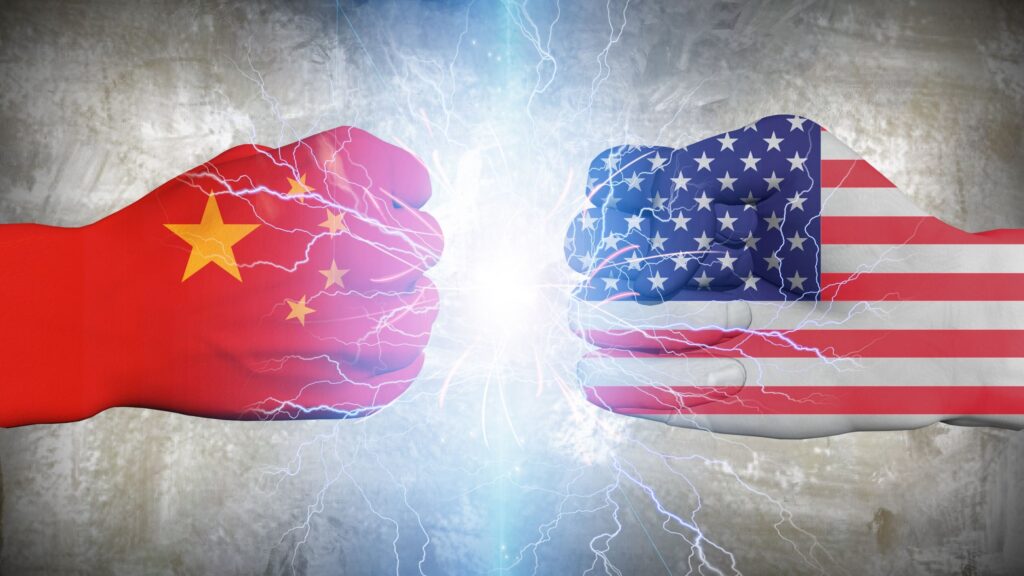- China aims to reduce energy costs to push domestic AI chips
- Local governments now reward data centers running Chinese processors over imports
- Big tech companies face tough trade-offs between efficiency and political loyalty
China is reportedly offering major homegrown cloud and internet companies including Alibaba, ByteDance and Tencent electricity subsidies that can cut energy costs by as much as half.
Reports from Financial Times claims that the initiative aims to encourage these firms to run their data center operations on chips produced by local manufacturers such as Huawei and Cambricon.
By targeting large data center clusters, local authorities hope to maintain momentum in the development of artificial intelligence while complying with national directives that favor domestic supply chains.
Balancing energy efficiency and industrial policy
The move follows a number of complaints that domestic chips are less energy efficient than Nvidia’s widely used AI chips.
Nvidia’s chips are no longer available to Chinese buyers due to trade restrictions imposed by the United States, but the decision to link cheaper power to the use of Chinese hardware reflects a broader attempt to protect and expand the country’s semiconductor ecosystem.
The measure also reveals tensions between industrial policy and operational efficiency.
Many companies have reportedly struggled with higher operating costs since switching to local chipsets, whose performance and power efficiency are still seen as lagging behind their Western equivalents.
The subsidies therefore appear to be designed to offset these disadvantages by lowering the burden of electricity consumption in energy-intensive data center facilities.
Provinces such as Gansu, Guizhou and Inner Mongolia, key centers for China’s growing network of cloud and AI infrastructure, are said to be leading the spread of these discounts.
The policy reportedly allows qualifying facilities to reduce their energy bills by up to 50%, but only if their systems rely on domestic CPU and accelerator units instead of imported ones.
Although the plan signals Beijing’s determination to reduce reliance on foreign technology, its long-term effectiveness remains uncertain.
Subsidized electricity may temporarily mask the efficiency gap between Chinese processors and Nvidia’s leading designs, but it may not solve the underlying performance problem.
For larger platforms deploying AI tools across large server farms, the trade-off between political alignment and computational power can prove costly.
At the time of writing, there is no official confirmation of the scheme, suggesting that the policy may still be in a testing phase.
Follow TechRadar on Google News and add us as a preferred source to get our expert news, reviews and opinions in your feeds. Be sure to click the Follow button!
And of course you can too follow TechRadar on TikTok for news, reviews, video unboxings, and get regular updates from us on WhatsApp also.



